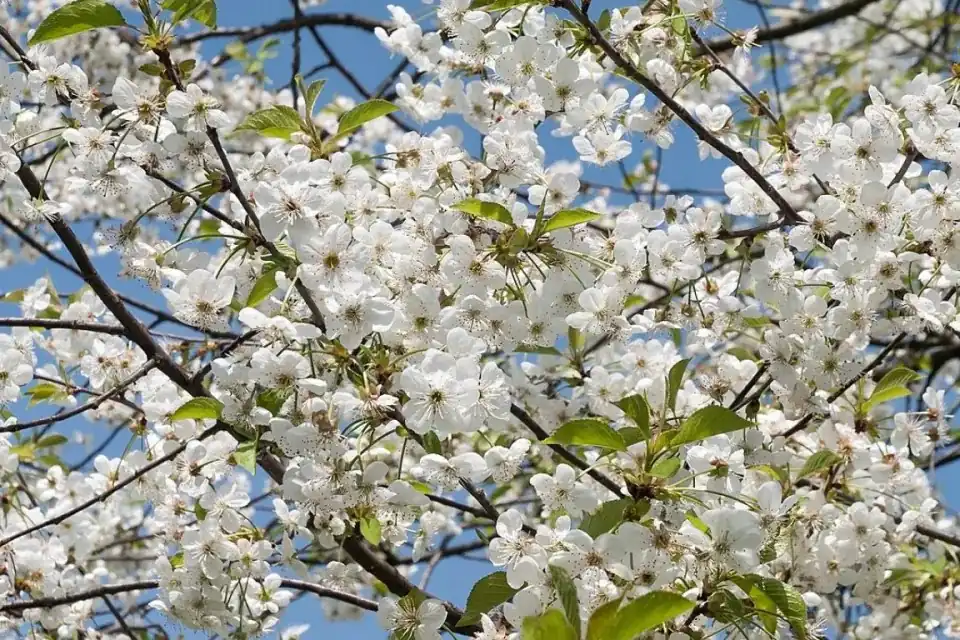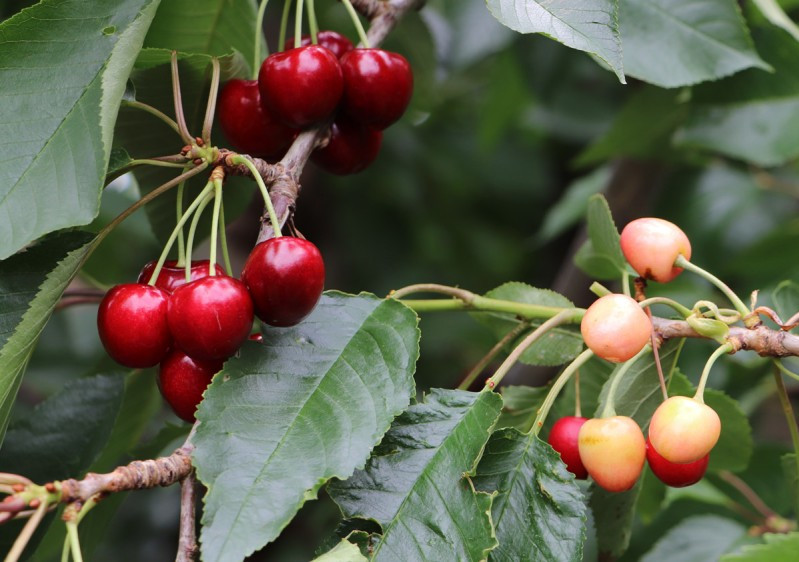Climate change is currently one of the most complex challenges facing agriculture, particularly cherry cultivation. Hot summers, unstable winters, and growing water scarcity are making it necessary to fundamentally rethink traditional farming practices.
In this context, it becomes essential to find solutions that combine environmental sustainability with productive efficiency, making production economically viable. One of the most promising strategies lies in the valorization of native genetic resources, with the goal of selecting new rootstocks that offer resistance, adaptability, and reduced vigor, suitable for modern high-density orchards.
Recent research conducted at the University of Novi Sad (Serbia) focused precisely on this goal: analyzing the morphological variability and productive quality of 27 genotypes potentially usable as rootstocks for sour and sweet cherries.
Le risorse genetiche locali
These genotypes were selected from the genetic pool of Prunus cerasus L. ecotype Oblačinska and Prunus fruticosa Pall., also known as the steppe cherry, both native to southeastern Europe and particularly well adapted to challenging pedoclimatic conditions.
The morphological characterization results revealed a wide variability among the genotypes, both in terms of vegetative vigor (with individuals ranging from extremely dwarfing to vigorous) and in their rooting ability and the formation of adventitious shoots following grafting.
Specifically, 26% of the candidates showed good rooting ability, 59% very good, and 15% excellent, confirming the high genetic potential of this selection. Additionally, more than half of the genotypes showed a low tendency to produce suckers—an important trait for simplifying orchard management and reducing agronomic interventions.
Verso una frutticoltura sostenibile
This initial phase of investigation has made it possible to identify several promising candidates that could serve as a foundation for genetic improvement programs aimed at a more resilient and sustainable fruit-growing sector.
The study included selections from different areas of Serbia—a region particularly rich in biodiversity for Prunus species. Field observations confirmed not only the morphological and productive potential of these genotypes but also their ability to adapt to less intensive cultivation conditions, such as farming without irrigation or with reduced use of fertilizers and pesticides.
However, to fully exploit these genetic resources, further studies are needed in different pedoclimatic environments. Only through extensive experimentation will it be possible to fully understand the interaction between rootstock and grafted variety, and thus identify the most effective combinations to meet the new demands of European fruit growing.
In this scenario, plant genetics and rootstock selection are reaffirmed as key tools for successfully tackling the environmental, productive, and economic challenges of the future.
Source: Voćarstvo, 58, 221–222 (2024), 91–101 Journal of Pomology, 58, 221–222 (2024), 91–101, https://doi.org/10.18485/pomology.2024.58.221_222.3
Image source: SL Fruit Service
Melissa Venturi
University of Bologna (ITA)
Cherry Times - All rights reserved










